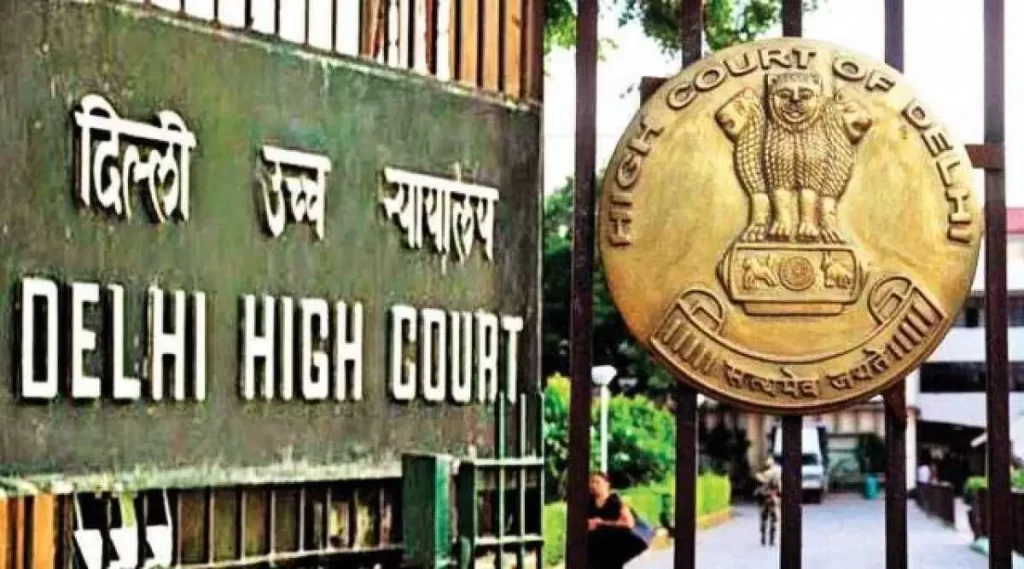Rehan Khan
On 11th September, the Delhi High Court instructed the Trial Court handling the 2020 Delhi Riots conspiracy case not to pass a final order on framing charges until September 23, 2024. This directive came from Justice Neena Bansal Krishna while hearing activist Devangana Kalita’s plea. Kalita, a member of the Pinjra Tod collective, faces charges under the Unlawful Activities (Prevention) Act (UAPA) for her alleged role in the riots. She has sought access to video footage and complete WhatsApp chat transcripts, which she claims are crucial for her defense.
The February 2020 riots, triggered by protests against the Citizenship Amendment Act (CAA) and the National Register of Citizens (NRC), led to multiple deaths and injuries. Kalita and other activists, including Natasha Narwal and Asif Iqbal Tanha, were accused of orchestrating the violence as part of a broader conspiracy.
Justice Bansal Krishna permitted the Trial Court to continue hearing arguments on the charges but directed it not to pass a final order until after the High Court hears the matter later this month. Justice Bansal stated, “Argument on charge is ongoing… no final order is to be passed until the High Court hears it on the next date.”
Kalita had previously challenged a trial court order denying her access to video footage recorded during the protests. She argued that the footage is a “relied-upon document” and necessary for proving her innocence. Additionally, she sought complete transcripts of WhatsApp chats, claiming the Delhi Police only submitted selective parts, which could misrepresent the context.
Kalita’s counsel, Advocate Adit S. Pujari, stressed that the withheld video footage is essential to establish her innocence. He highlighted Kalita’s participation in peaceful protests against the CAA, adding that “video/CCTV footage of the incident” would confirm the peaceful nature of the protest. Pujari also pushed for the complete WhatsApp chat transcripts, arguing, “Selective screen grabs have been taken… the entire chat transcripts may contain exculpatory material.”
Special Public Prosecutor Amit Prasad, representing the Delhi Police, sought additional time to respond to Kalita’s petition. He questioned the petitions’ maintainability but promised to address these concerns at the next hearing. Justice Bansal Krishna, however, questioned why the video footage had not yet been provided if it was part of the prosecution’s evidence.
Kalita, along with Narwal and Tanha, was arrested in May 2020 under UAPA provisions. After spending almost a year in jail, they were granted bail by the Delhi High Court in June 2021. The High Court had then sharply criticized the State’s approach, observing that it had blurred the lines between peaceful protest and terrorism in its “anxiety to suppress dissent.”
The court further held that “The right to protest peacefully without arms is a fundamental right under Article 19(1)(b) of the Constitution.” It also observed that, at first glance, the charges under UAPA Sections 15, 17, and 18 did not appear to apply to the accused.The Supreme Court later declined to interfere with the High Court’s bail order, allowing the activists to remain free as the trial continues.
The 2020 Delhi Riots resulted in 53 deaths and left hundreds injured. The Delhi Police have accused Kalita, alongside other activists like Umar Khalid and Sharjeel Imam, of orchestrating the violence as part of a larger conspiracy during the protests against the CAA and NRC. Kalita has consistently maintained that her participation was peaceful and constitutionally protected.Her petitions seek access to the video footage and full WhatsApp chat transcripts to strengthen her defense and potentially exonerate her from the conspiracy and incitement charges.
The High Court has scheduled the next hearing for September 23, 2024, where it will examine the maintainability of Kalita’s petitions and further arguments on the withheld evidence. Until then, the trial court is allowed to continue hearing arguments on charges but is prohibited from issuing a final order.

